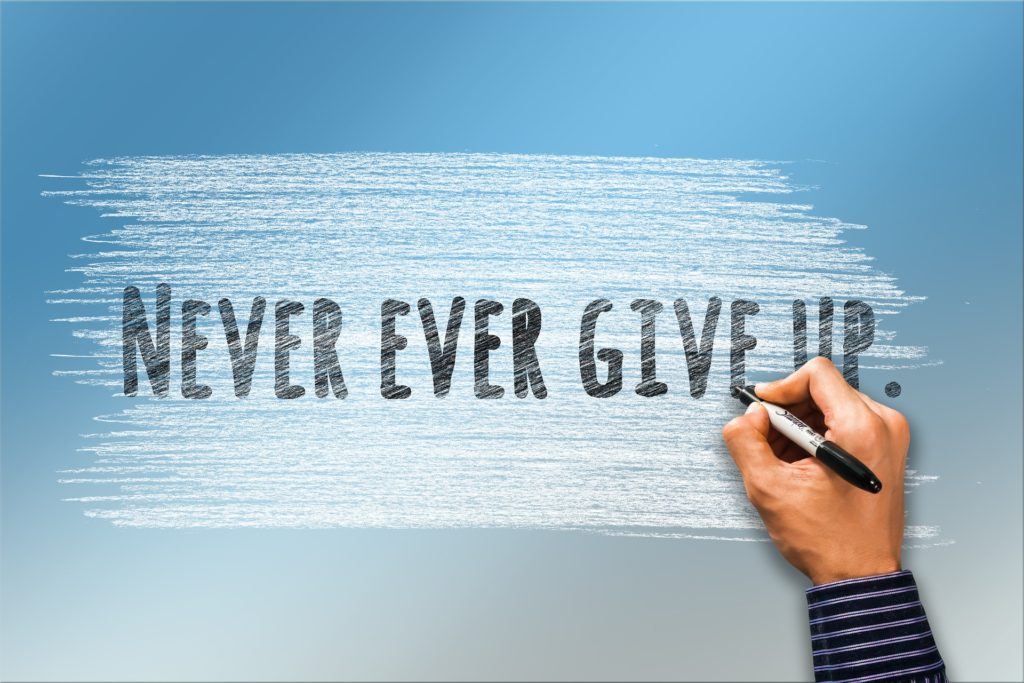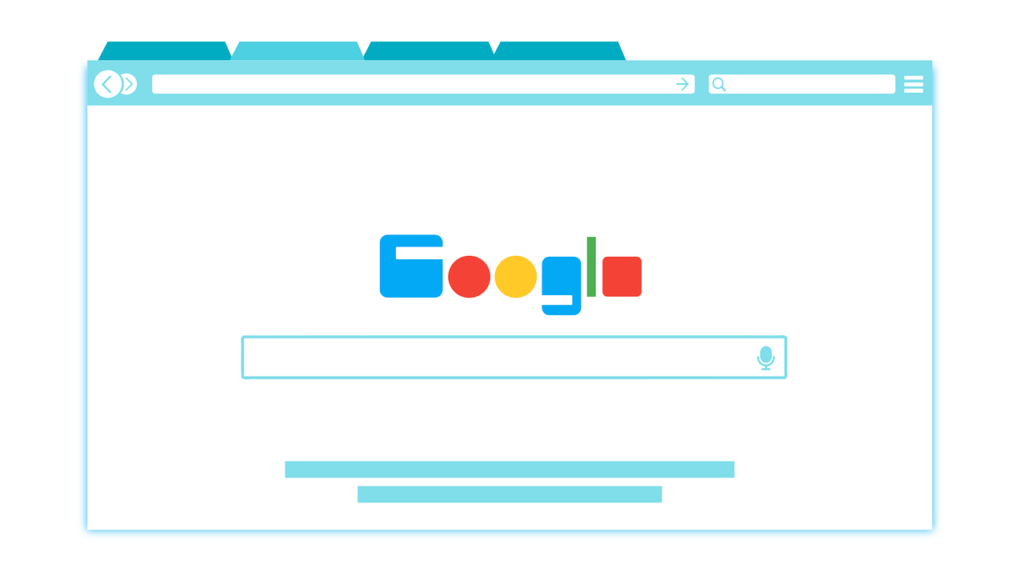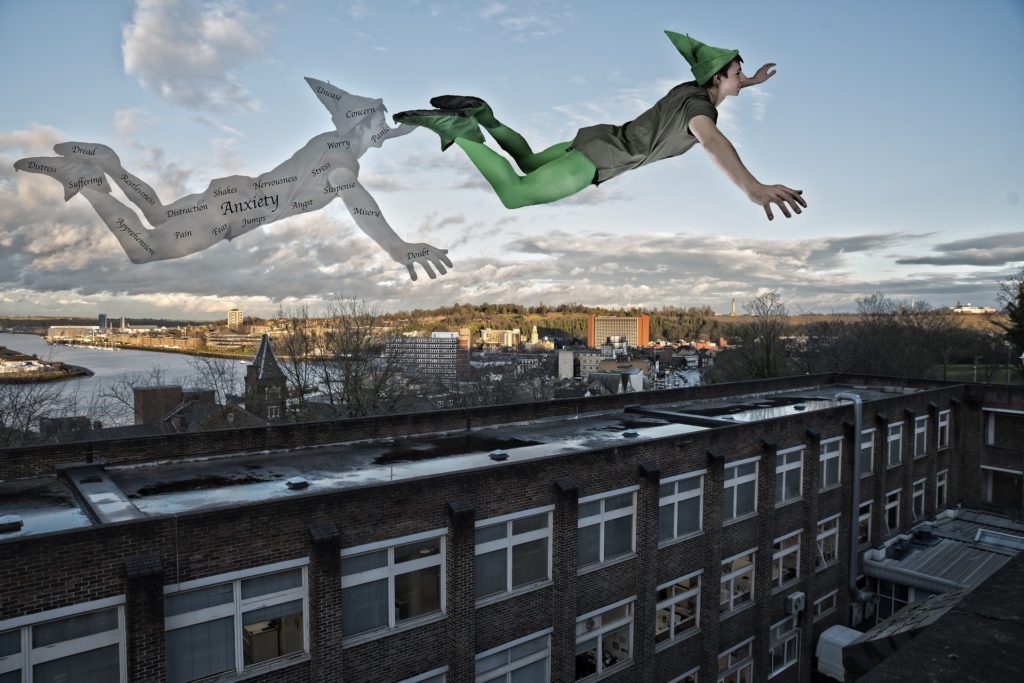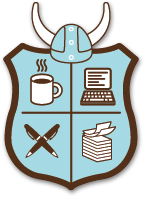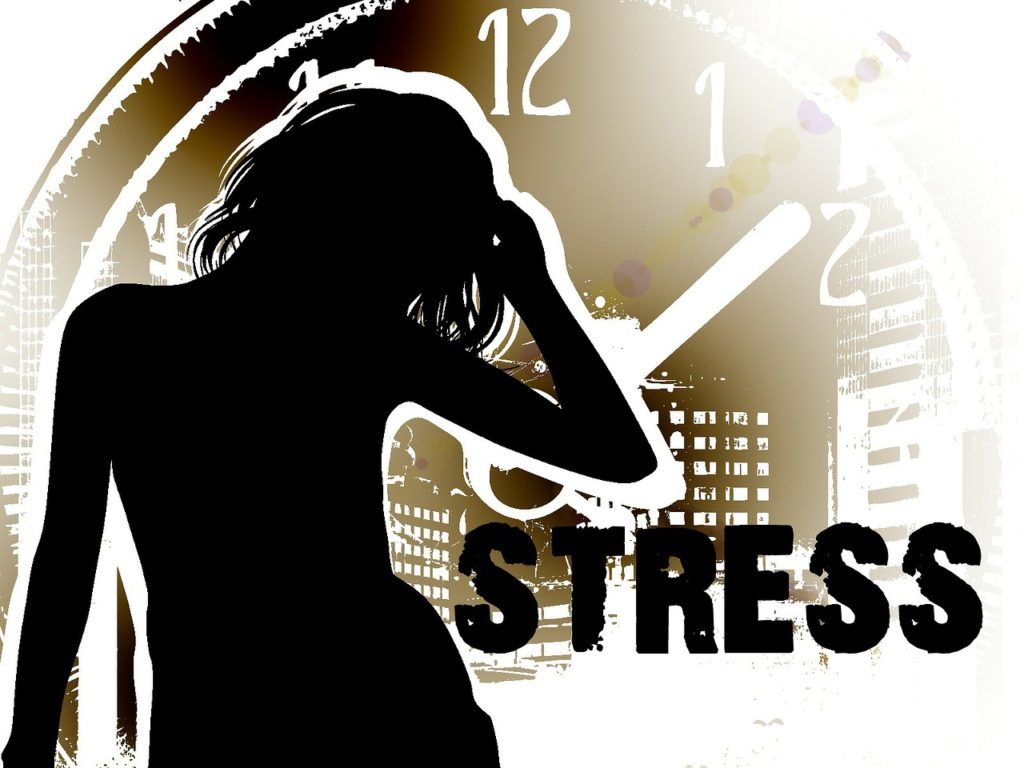Have you experienced any of these feelings when you think about writing or when you actually sit down to create?
- Anger
- Depression
- Denial
- Bargaining
- Acceptance
Well, my friend, this is actually the list of the 5 most common stages of grief or loss. Not everyone experiences all of them, nor do they necessarily come in any specific order. While traveling the road to becoming an author, I found that these are also common emotions when approaching writing as either a hobby or as a career.
Perhaps for you, anger rears its ugly head when you are constantly interrupted during the time you set aside to write. Or when you do finally write something but after reading over it, you are convinced it is the worst piece of garbage to ever curse a page. On the other hand, if you managed to submit a piece that you are proud of just to be turned down over and over again, it can be rage-inducing.
Depression can take hold when you feel incapable of writing at a level that would be considered publishable, or are receiving rejection letters more often than a Kardashian graces the cover of Yahoo news. Some aspiring writers mistakenly believe that they are either too young or too old to have any kind of presence in the writing community.
Let’s be honest here. If you tell everyone that the reason you haven’t completed your story yet is because you don’t have enough time or money (and have even managed to convince yourself of that) you are probably in denial.
Do you beg and plead with your muse to bless you with just one viable idea? Because if they do, you promise to never ask them for anything ever again! Or you may even bargain with yourself, swearing that as soon as you build on that perfect original idea you had that’s never been done before, you’ll drop everything else and write that book.
Maybe you have gone through some of these steps already and have finally concluded that you just aren’t good enough and you might as well just throw in the towel instead of repeatedly trying and failing for eternity.
Guess what? You are not alone. I repeat, you are not alone.
One more time for the people in the back, YOU ARE NOT ALONE.
Having any (or all) of these feelings is normal. And the best part about the whole mess is that you CAN overcome these challenges. But in order to succeed, you first need to identify what the real issue is that holds you back. Only then can you tackle them effectively. So, let’s talk about the most common fears that aspiring writers face and what you can do about it.
“Courage doesn’t mean you don’t get afraid. Courage means you don’t let fear stop you.” – Bethany Hamilton
Fear of Failure and/or Rejection
First thing first – stop comparing yourself to other writers, especially the Stephen Kings and J.K. Rowlings of the world. Everyone starts somewhere. If you are concerned that your grammar skills are lacking – there’s an app for that! Joking aside, there are apps and websites a-plenty, as well as some editors that can help (in general, editors prefer as clean a copy as possible – the more work they need to put in, the more they will need to charge). Just because your particular education may not have ended in a degree from an Ivy League school, doesn’t mean you shouldn’t tell your story.
Everyone has something worthwhile to say. Do not make the mistake of assuming what others MIGHT think about your work. There are billions of people out there – if you can tell me what they are all thinking at any given time, we need to get in touch because I have a proposition for you.
Along these same lines, is something called Imposter Syndrome. If you have never heard of it, Wikipedia explains it this way:
Impostor syndrome is a psychological pattern in which an individual doubts his or her accomplishments and has a persistent internalized fear of being exposed as a “fraud”.
This is a very real fear plaguing many writers, regardless of experience or how many books they have under their belts. Please know that this should not keep you from your dreams! Work hard and celebrate your accomplishments, whether it be as glorious as publishing a book or simply hitting your word count goal for the day. If you enjoy writing, just do it and don’t worry about the naysayers out there. I also recommend you check out this great article about dealing with Imposter Syndrome by Kristen Kieffer.
Have you ever thought, “I start things but I never finish”? This is not a race. Never compare your journey to others, though admittedly, this can be a difficult thing to resist. I see so many programs out there designed to help a writer get their book written in just a few months, which is great! But while that may work for some people when accountability is their main concern, there is no law stating your book has to be completed in any specific time frame (unless you signed a contract).
Deadlines can be extremely helpful and are often vital, regardless of being mandated by others or self-imposed. Write at a pace that works for you and your current situation. It may take longer, but it will get done. As your life situation changes, keep updating your goals. Things will not always be as they are right this minute.
Additionally, there’s a first time for everything! Make this the first time you followed through with a major goal. Why do you “never finish anything”? Often it is due to this fear or failure (please see subheading for this section, hint hint). Though less common, fear of success is also a legitimate problem. Find the “why” behind your history of incomplete projects, then attack that specific problem to change the pattern!
Inexperienced or Too Experienced
Let me get this straight – You’ve never written a book before, so no one will take you seriously or care about what you have to say? In 1590, Shakespeare had never written a play before. In 1761, Mozart had never composed music before. In the 1930’s, Andy Warhol had never painted before. Are you catching my drift here?
Everyone starts somewhere and at one point, every single person has done everything for the first time. Just because you haven’t done a particular thing before, does not mean you shouldn’t give it at least one solid try. Besides, how in the world do you plan on gaining experience if you never do anything about it?
Maybe I misunderstood – it’s not that you are too young, right? It’s because you are “too old” to start any kind of writing career. Wrong again. Your life experiences are invaluable regardless of the genre you choose to delve into. I’m not saying that 40 is old (heaven knows I’m crawling right up on that particular milestone), but it seems frighteningly common for people to think it too old an age to start down the writing path.
If you were unaware, James A. Michener wrote 40 books AFTER the age of 40, thank you very much. Laura Ingalls Wilder published her first book, Little House in the Big Woods, at the age of 64. Millard Kaufman (a co-creator of the endearingly befuddled Mr. Magoo) did not publish his first novel until he was 90 years old. Besides, 50 is the new 40, or so I hear.
Not Enough Time
Yes, I’m sure you’ve heard this a hundred times, but I’m telling you again in hopes that it sticks this time. If you have a way to record your thoughts and as little as 30 seconds to spare, you can create. You don’t have to sit down in front of a fancy laptop for 4 hours a day so you can churn out a masterpiece.
Frequent advice I’ve heard (if you can call it that) is that if you want to be a writer, you just have to “make time”. I agree and disagree, respectively.
Not everyone can just “make time”. Lives are more hectic today than ever before and society is riddled with obligations. School, work (possibly multiple jobs), children’s extracurricular activities, errands, and so on can take up a great deal of time. If you are at a point in your life where you GENUINELY cannot spare just a few minutes daily, then that perfectly is ok. Don’t beat yourself up about it!
However, can you actually make the time, but have convinced yourself that you can’t? Don’t give up just because you can’t carve out an hour or more at a time. You do, though, need to be honest with yourself. Can you actually write for 20 minutes instead of watching one more episode of that series you are binge-watching? Can you get up 5 or 10 minutes sooner to write down a few thoughts before the day begins?
People commonly feel as though they don’t have enough time, but if they take a few minutes to sit down and really think about what they are currently doing with their time, they often discover that there are more free minutes hiding away than they previously believed.
I was in this same category not too long ago, so I decided to take a serious look at where I was spending my time. It turns out that I regularly managed to find time to watch YouTube videos (“I need some downtime”) and play games on my phone (“it’s just a couple of levels”), among many other time-killers I discovered lurking in my timeline. What I had actually been doing was procrastinating because of fear, but I was masking it by telling myself I was “just too busy”. Perhaps you can relate?
Try to think about other times when you can squeeze in some writing (or record yourself on your phone or other device if you do not have the ability to physically write or type anything at the moment) like the ones I have listed below. If you do not have time to sit down and write daily, you can still do some brainstorming! Not only does brainstorming save you time when you are finally able to take time out to write, but it keeps those creative juices flowing.
- During those long commutes to and from work/school
- Breaks at work or in between classes
- While you are sitting on hold for that dreaded conference call or with the utility company
- While you take a shower or bath
- When you are doing dishes, folding the laundry, mowing the lawn, etc.
- Waiting in the long drop-off line at your child’s school/daycare/activity
Originality
Your basic concept isn’t original. I’m sorry, but it had to be said. There is a very slim chance that your story is completely original, so you can just put that fear to bed right now, kiss it goodnight and lock the door on your way out.
“I think new writers are too worried that it has all been said before. Sure it has, but not by you.” – Asha Dornfest
What makes your writing shine is YOU: Your unique perspective on life and your special voice. Take that idea and spin it every which way from Sunday to tell your story in the way that only you can. THAT is what makes a good story. At its core, your concept generally will and SHOULD fall into some type of category. All major novels and movies can be broken down into basic elements – elements that define a genre.
So don’t toss your bad-boy-falls-for-good-girl story (Grease; a great many romance novels), the epic adventure of a special chosen one (Harry Potter; Lord of the Rings) or lone survivor idea (Castaway; I Am Legend) out the window. Change the setting, the time period, the characters – whatever you can to make it your own.
Publishing a Book is
Too Expensive
You’d be surprised! Technically, you can do it for free, providing you have computer access and the internet. But if you are in need of professional editing or cover design, yes, it will cost a little more. Try putting aside a few dollars each month (it helps to have a budget clearly laid out), or instead of buying something else you had been wanting (like that bag of cookies), put that money in a jar or in a savings account.
There genuinely are plenty of people who truly live paycheck to paycheck (myself included) and have already reduced their expenses to the barest of bones. I’m not saying professionals should give all of their services away for free (we all need to make money), but the ones that really push you to buy their programs because it’s a low, low price of $497 with a value of over $5,000 frustrate me. Not everyone has an extra ten or twenty dollars a month, even though that amount may seem insignificant to others.
BUT, with a little extra time and effort, you can still live your dream!
There are so many free resources online that help you every step of the way, from how to get started writing, to publishing and marketing your book. You can self-publish for free as well (an example is on Amazon through Kindle Direct Publishing). Look around online and in your town for reading/writing groups and also seek out references for free or cheap assistance with editing or design. Even better, see if any of your friends or family members possess any of these skills.
I have been through a lot of webinars/courses,etc. and an am avid researcher, but I know that is not everyone’s cup of tea. Just be willing to reach out to people for advice and assistance. I am on Twitter (@MyWriteAffair) and have a Facebook Group that I invite you to be a part of(FB groups are a great way to be involved in the community and get answers to your writing questions). I’m even on Pinterest and Instagram!
My desire is to help you through your writing journey and possibly save you from some of the roadblocks that can get in your way, or at least help you to get over the ones that are unavoidable. Feel free to comment below, or reach out to me via my social media if you have any thoughts or questions.
You can vanquish any and all of these most common fears aspiring writers suffer from. You just need the burning desire and the will to try. Be a writing warrior!
Do you have any topic suggestions for future posts?






